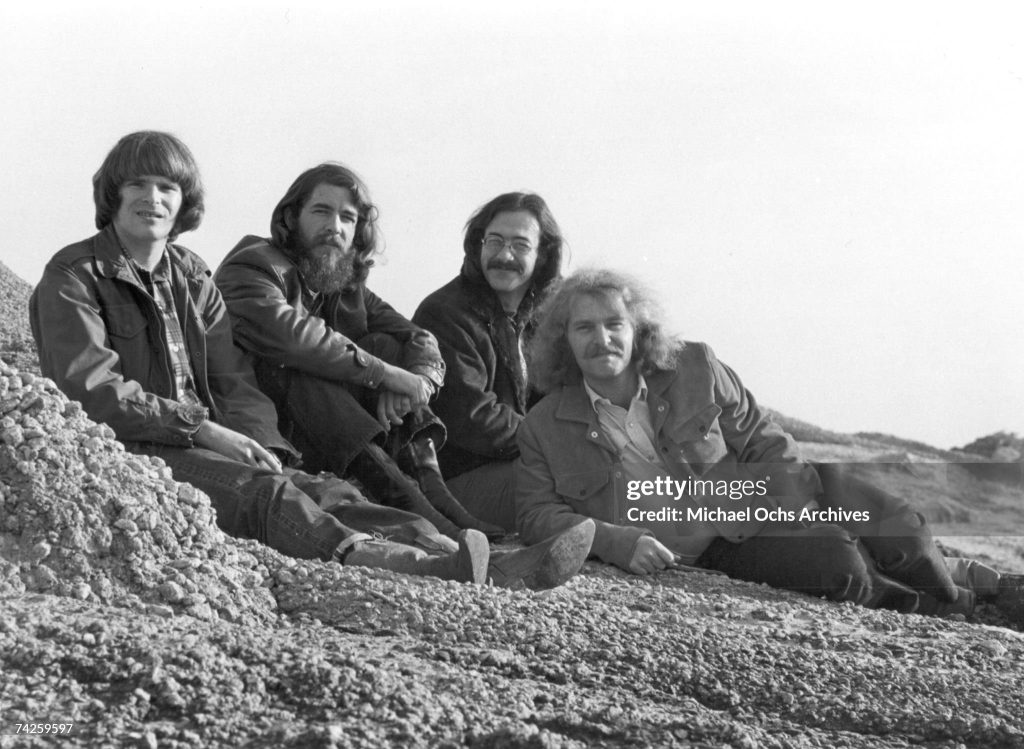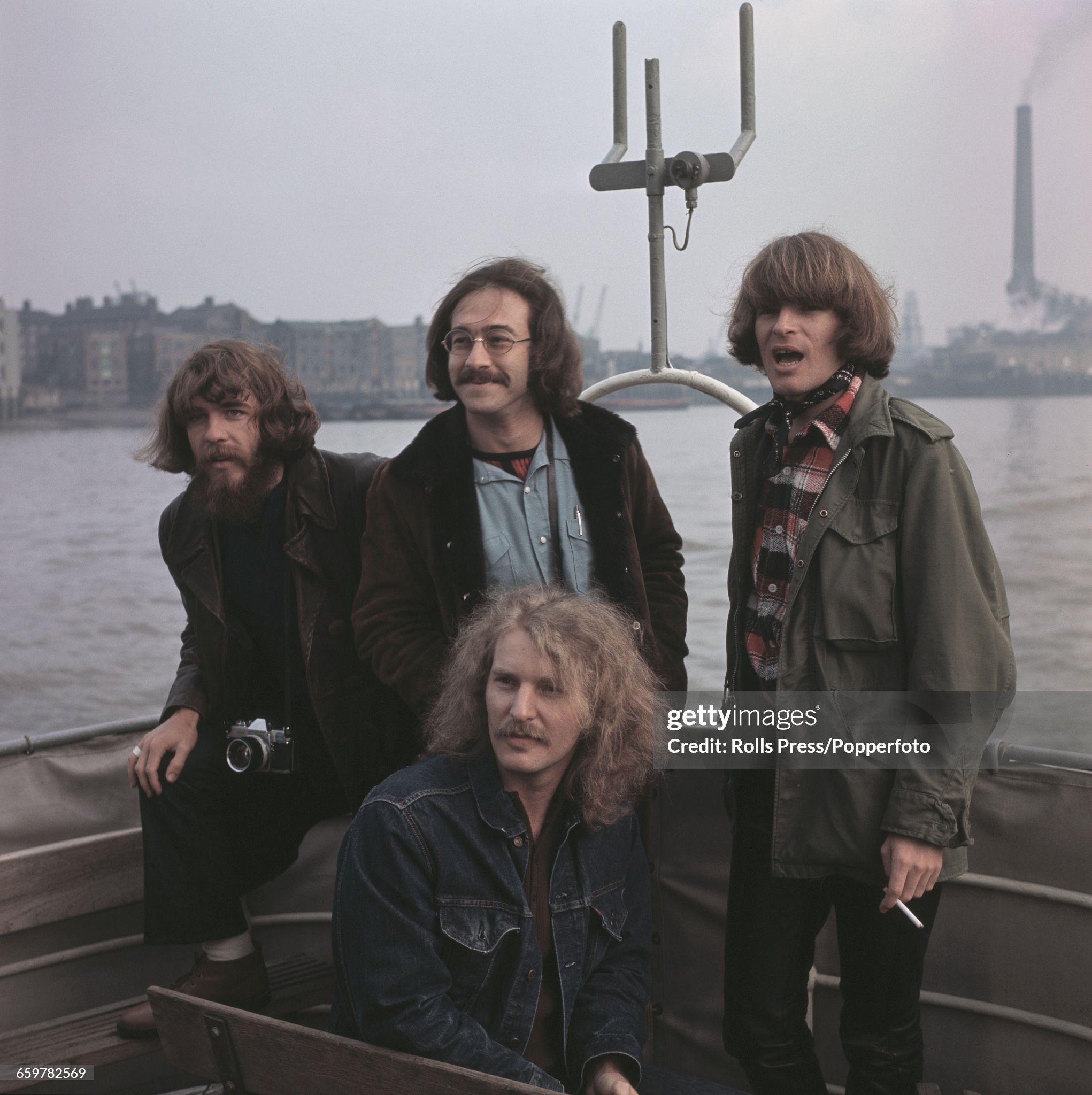
A Raw Anthem of Inequality and Aspiration
In the late 1960s, a period marked by profound social upheaval and burgeoning musical experimentation, Creedence Clearwater Revival emerged as a band that would leave an indelible mark on the rock landscape. Their gritty, swampy sound served as a backdrop to the turbulent times, and among their rich tapestry of songs, “Penthouse Pauper” stands out as a poignant reflection on class disparity and unfulfilled dreams. Released as part of their acclaimed 1969 album “Bayou Country,” this track resonated deeply with audiences who found themselves at the crossroads of hope and disillusionment.
“Penthouse Pauper” did not ascend to the top of the charts in the way some of CCR’s more famous hits did, yet its significance is rooted in its raw authenticity and emotional depth. It’s a song that speaks not to ephemeral trends but to enduring truths—a characteristic that has allowed it to maintain its relevance through decades. When John Fogerty penned this track, he was tapping into a narrative that was both intensely personal and universally understood.
The song unfolds with a protagonist who acknowledges his humble origins and seems resigned to his fate, yet there’s an undercurrent of defiance that runs through the lyrics. “Penthouse Pauper” is more than just a lament; it is a declaration of identity and resilience in the face of systemic inequalities. In many ways, it’s a blues song dressed in rock attire—a testament to Fogerty’s ability to blend genres seamlessly while delivering a powerful message.
For older listeners who lived through the era in which this song was released, “Penthouse Pauper” can evoke memories of a time when music was a primary vehicle for social commentary. The song’s gritty guitar riffs and driving rhythm echo the industrial sounds of America’s heartland, while Fogerty’s soulful voice captures the yearning for upward mobility that many felt but few achieved.
There’s a timeless quality to the narrative presented in “Penthouse Pauper,” one that speaks to anyone who has ever felt trapped by circumstances beyond their control. The imagery is vivid; one can almost see the dusty roads and feel the weight of dreams deferred. As Fogerty sings about never having been fortunate enough to live in luxury, he channels the spirit of every individual who has ever aspired for more despite knowing they may never reach it.
The Bayou Country album itself was a turning point for Creedence Clearwater Revival, marking their transition from promising newcomers to established icons within the rock genre. While other tracks from the album such as “Proud Mary” gained more commercial success, “Penthouse Pauper” remains a deep cut cherished by those who appreciate its unvarnished look at life on the economic margins.
Listening to “Penthouse Pauper” today offers an opportunity for reflection—not only on how far we’ve come as a society but also on how many challenges remain unchanged. The song’s themes are as relevant now as they were over fifty years ago, serving as a reminder that music can be both an escape and a mirror reflecting societal truths.
For those revisiting this track or discovering it anew, there’s a sense of stepping back into history while simultaneously engaging with issues that continue to resonate. The emotional landscape painted by Creedence Clearwater Revival is rich with nostalgia yet poignantly current, making “Penthouse Pauper” not just a piece of music history but an ongoing dialogue about aspiration, identity, and resilience.
In conclusion, while “Penthouse Pauper” may not have topped the charts at its inception, its legacy endures through its honest portrayal of life’s inequities and its empathetic connection with listeners across generations. It’s a testament to Creedence Clearwater Revival’s enduring impact and their ability to craft songs that speak directly to the human condition—echoing long after the final chord has faded.
